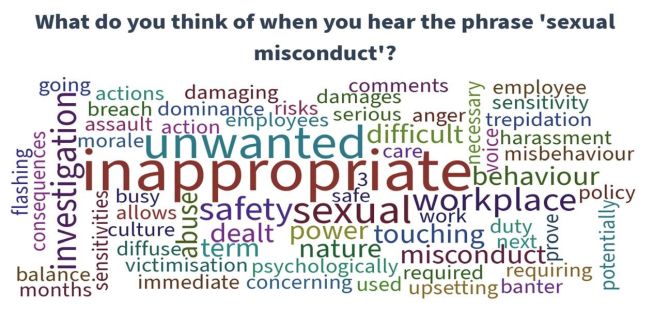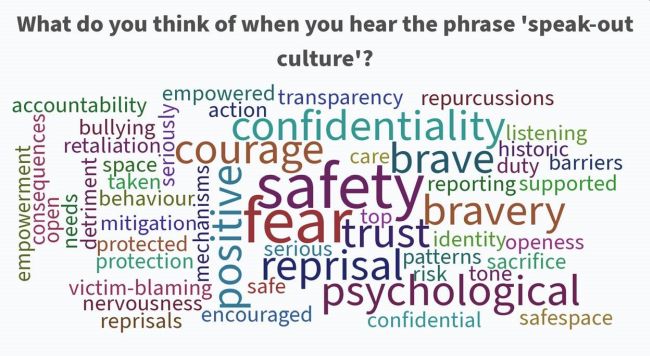Following the viral #MeToo movement, which gained significant attention from 2017, a series of widespread and high-profile sexual misconduct allegations came to light across industries and corporations. Globally, with the increased media scrutiny, regulators, legislators and companies paid attention. But was that focus short-lived and have organizations implemented an adequate framework to effectively deal with sexual misconduct allegations?
The Association of Corporate Investigators (ACi), with sponsorship by the Women's White Collar Defense Association, hosted a workshop on Investigating Sexual Misconduct. Panelists included: Ropes & Gray's Anti-Corruption and International Risk Global Co-Chair, Amanda Raad; ACi Senior Investigations Manager, Basha Galvin; Safeguarding Investigations & Training Consultant, Ruby Moshenska; and Mishcon de Reya Employment Law Partner, Sharon Tan.
The workshop provided an overview into managing sexual misconduct investigations in the workplace using a culturally sensitive and trauma-informed approach.
At the outset of the workshop, it was interesting to find the myriad of opinions participants shared when considering the theme of sexual misconduct in the workplace. Panelists highlighted that sexual harassment covers a wide range of actions and behaviors, ranging from verbal comments to unwelcome physical contact. Significantly, panelists and participants discussed how misconduct can be dressed up innocuously as 'office banter'.
Unless an organization has taken steps to build a safe culture or implemented a robust framework to address sexual misconduct allegations, victims and witnesses may not feel comfortable speaking out against such misconduct.

When asked about developing a 'speak-out culture', participants highlighted that the fear of retaliation; apathy to allegations; a lack of guidance on procedures; and a lack of transparency act as barriers to reporting instances of sexual misconduct.
Panelists discussed methods of removing barriers to reporting which included integrating anti-sexual misconduct policies and conduct into the fabric of an organization, providing training, creating safe spaces and trustworthy reporting mechanisms.
Amanda Raad highlighted the importance of building trust within an organization and how taking steps to get it right the first time can have a strong impact on creating an environment where victims feel safe to come forward and everyone involved in the review process feels heard and treated fairly.

Creating a safe organizational culture can have a significant impact on building trust and encouraging a 'speak-out' culture. Panelists discussed steps that organizations can take to develop a safe organizational culture including applying policies and procedures consistently; ensuring that all reports are addressed; leadership taking steps to promote reporting mechanisms; and training employees on the actions to take if they see inappropriate behavior.
Adopting a trauma-informed and culturally sensitive approach
Adopting the right framework to address sexual misconduct investigations – such as a trauma-informed and culturally sensitive approach – can also have a significant impact on creating a safe organizational culture.
The trauma-informed approach involves taking steps to prevent trauma from being compounded – including ensuring that all individuals involved are given the opportunity to be heard; keeping channels of communication open; protecting confidentiality and data; and identifying meaningful support options.
A culturally sensitive approach identifies that an investigator may carry their own set of biases and, in order to conduct a fair investigation, an investigator should be conscientious in acknowledging these biases and ensuring that they do not impact the assessment of the situation.
Organizations should consider if they have holistically built a framework to investigating sexual misconduct allegations and if investigators have been adequately trained to address the innately sensitive and personal nature of such allegations.
The content of this article is intended to provide a general guide to the subject matter. Specialist advice should be sought about your specific circumstances.



